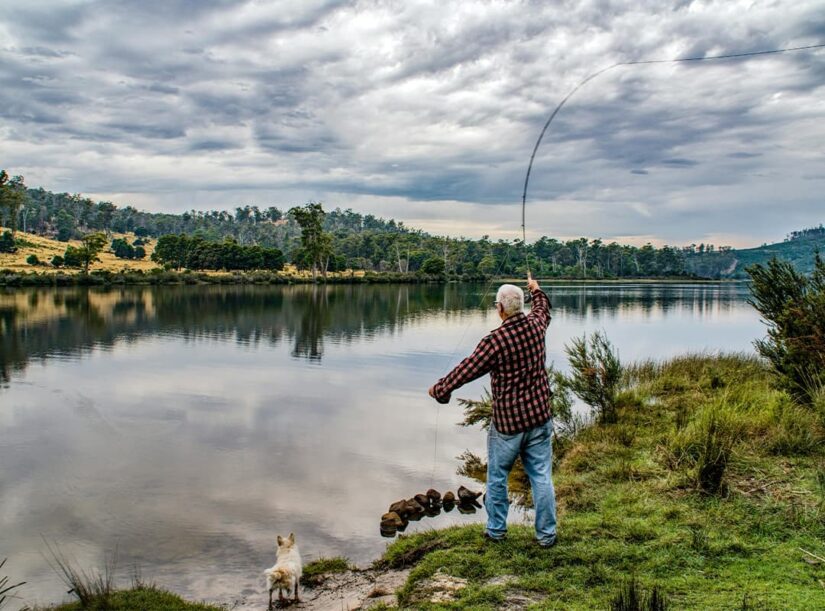Wild Voices: Erica Nelson
Under a mid-afternoon gust from the west, the clouds drifted lazily across the sky, casting fleeting shadows on the Taylor River below. Standing on a rock above the flowing waters, I clumsily wielded my fly rod, guided by my friend Erica Nelson, in the Taylor River State Wildlife Area. This picturesque spot lies 30 miles southeast of our home in the ancestral Ute Territory of Crested Butte, Colorado.
“Toss it like you mean it! But not too fast,” Erica reminded me as my semi-fluid overhead cast resulted in a tangled mess of knots. “Now you’re fishing!” she chuckled, recalling her own journey into fly fishing five years prior.
Today, Erica stands as an ambassador for Brown Folks Fishing (BFF), a nationwide organization dedicated to expanding access to fishing and fostering community among Black, Indigenous, and other people of color. Alongside her role in BFF, Erica serves as a diversity, equity, and inclusion (DEI) consultant and professional river guide, bringing her expertise and humor to every endeavor.
A native of Kirtland, New Mexico, Erica’s path to outdoor leadership was paved with determination. Despite initially working as a room operations manager for Marriott Hotels in Portland, Oregon, she eventually pursued her passion for the outdoors. In 2014, she embarked on a new journey as a river guide, overcoming her fear of water along the way.
Guiding Class III-IV rapids on the American River, Erica honed her skills and embraced the challenges of the outdoors. Further solidifying her career path, she pursued a degree in psychology and outdoor leadership, eventually joining the National Outdoor Leadership School (NOLS) as a marketing representative and admissions officer.
While at NOLS, Erica delved into fly fishing, initially grappling with the challenges of the sport. However, her perseverance paid off, leading her to become a NOLS instructor and ambassador for BFF. Through her experiences as an angler, she recognized the lack of representation and hostility faced by people of color in the fly fishing industry, motivating her to advocate for change.
In collaboration with BFF, Erica helped establish the Angling for All Pledge, a groundbreaking initiative aimed at promoting diversity, equity, and inclusion in the fishing community. Inspired by her passion for social justice, Erica co-founded REAL Consulting with Sydney Clark, addressing racial equity and inclusion needs within organizations across the outdoor industry.
As Erica continues to inspire others through her advocacy and leadership, she embodies the spirit of resilience and empowerment in the great outdoors.
